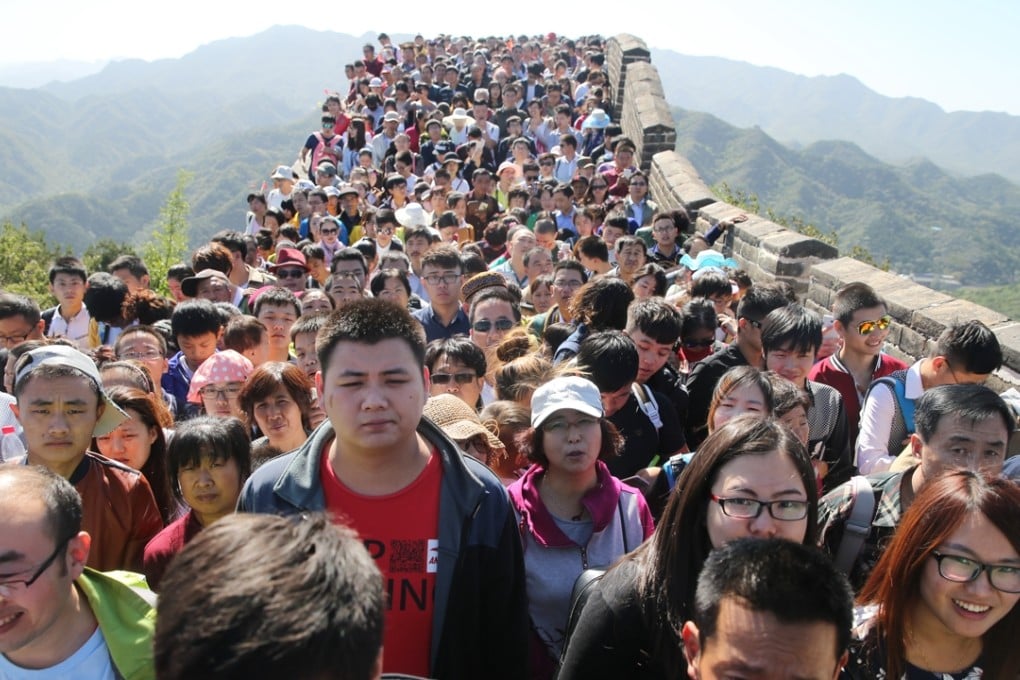Off Centre | Note to Henry Tang: Hongkongers have no interest in increasing mainland tourist numbers
What, exactly, is the issue with Hong Kong’s tourist numbers and who are the people responsible for managing them?

To date, political legitimacy remains an alien concept in Hong Kong.
There is but one law in politics, however, and for all the ineptitude and inertia of the Special Administrative Region’s special administrators, they live by it. Failure to do so would be rather to invite the scorn of governing classes the world over, and for good reason, because it is an incredibly simple law.
Indeed, all it demands is activity – any activity. Or at the least the semblance of activity.
It is, of course, the Do Something law, and it requires that Something Must Be Done. For any problem (or perceived problem) at hand, Doing Something is the thing. Doing Something, mark you, needn’t involve any kind of solution. Usually, spending public money and/or setting up a new body composed of well remunerated factotums will suffice.
It is essential that Hong Kong’s hoteliers and shop landlords maintain their profit margins, and the only way we can do this is to beg the central government to keep sending us more nouveau riche suckers from cities we’ve never heard of
Sure as eggs is eggs, there was always going to be a reaction to figures trickling through in recent weeks and months regarding “reduced” numbers of mainland Chinese tourist visits to Hong Kong.
